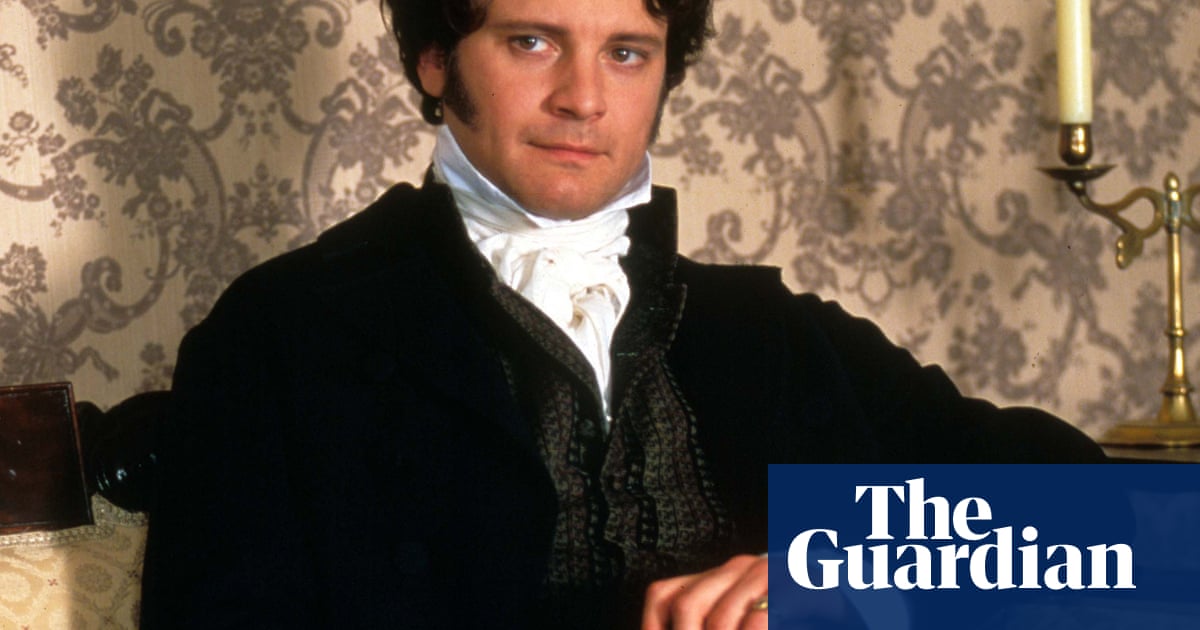For those looking to perfect their pronunciation, British period dramas are a masterclass in getting to grips with the King’s English.
But – if the wishes of one TV heavyweight come to fruition – future iterations of Pride and Prejudice, Sense and Sensibility and other classics could adopt a more modern, less well-spoken twang.
Speaking at theHay festival, industry veteran Jane Tranter, who served in top positions at the BBC before co-founding the production company Bad Wolf, called on actors to stop automatically adopting “posh” accents when starring in period dramas.
Tranter, 62, said actors “start speaking posh” when put in period costume. She said she would be bringing in a movement coach “to try to get the actors to think past the fact they’re in period costume”.
“The other thing with period costumes is you start speaking posh and not everybody spoke posh in those days, so you have to work with that as well,” said Tranter, in comments reported by the Times. “You have to try to get the actors to think past the fact they’re in period costume.”
She also commented on the slow speed that extras walk in period dramas, adding: “It happens time and time again, and every time I think: ‘Oh my God, Jane, why didn’t you say something?’”
The leading producer, who has worked on some of TV’s biggest shows including Industry and Succession, was at the book festival to discuss The Other Bennet Sister, a forthcoming BBC period drama she is producing, which focuses on Mary Bennet – the “ugly duckling” middle sister from Jane Austen’s Pride and Prejudice.
Tranter also took aim at the stiff, sculpted hairstyles familiar in such productions and said she had “loosened the rules” to offer a “proper welcoming hand to a modern audience” in the upcoming spin on Austen’s novel, which is due to begin filming in Wales next week.
She said: “If you dress the hair exactly like it is in all those oil paintings, or put the hats on, then actually an audience will not be able to take their eyes off these strange curls or weird hats.
“You have to know what the rules are and then we look to see where we break them in order to build a bridge or offer a proper welcoming hand to a modern audience.
“Because if you do a complete like-for-like, matchy-matchy, here are the exact buttons, here are the exact knickers you’re wearing beneath your dress, then it becomes such a fetishised approach that it becomes a barrier between the audience and what is going on.”
The Other Bennet Sister is based on Janice Hadlow’s acclaimed 2020 novel, which the Guardiancalled“immersive and engaging”.
“Janice has expanded the world of Austen,” she said. “The London is not that classic Regency London, it is nudging towards Dickens’s London. There is a tendency with Jane Austen to always make it super-Regency as opposed to a more grounded feel.
“The other brilliant thing is that Janice brings in the Romantic poets and they go to the Lake District.”
